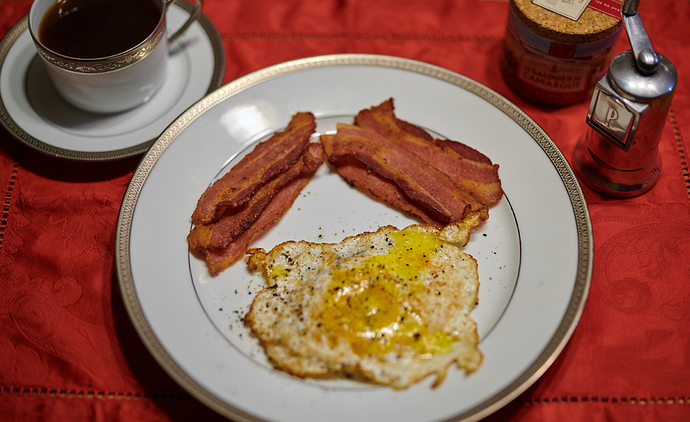Added note July 14 - This post is about those doing keto for weight loss and not those trying to maintain current body weight. After watching Phinney’s video earlier today, I have a better understanding. That video and others in Gabe’s “Stop telling newbies to eat more fat” have convinced me to eat less fat and eat the right amount of protein as I am focused on weight loss at this time.
I was scanning the thread “what did you do today” and even at 300lbs I was a little shocked about some of the portion sizes some people are having.
Understanding that everyone’s needs and bodies are different but excess protein (as many of these massive plates of meat must have (and granting that many of these larger plate photos may come from OMADs)) can be turned into sugar through glucloneogenesis. (100g of excess protein (slightly more than 3 oz.) can become 50g of glucose)
This was my 1st lesson in keto when it wasn’t working and I realized it was too much protein and too many nuts that were keeping me in a low ketosis state. (0.5-1.0)
While I am new to keto and IF, I recognize in myself that many of my problems come from a lack of food discipline, largely in part because when I was younger, I could eat and burn off 10,000+ calories a day.
At this time, I see keto and restricted carbs as a step towards eventually developing a more balanced diet (the inverted pyramid) where I will be able to have a slice of toast with breakfast every day I want to but not half a loaf a day as I have in the past. (a true addict).
Do other people also see keto as a temporary crutch towards developing the discipline to eating a healthy balanced diet or as the permanent solution for their ‘until-I-die’ diet?
TIA
PS - breakfast this morning; 1 duck egg, 3 strips of bacon, black Illy coffee + a quart of water



